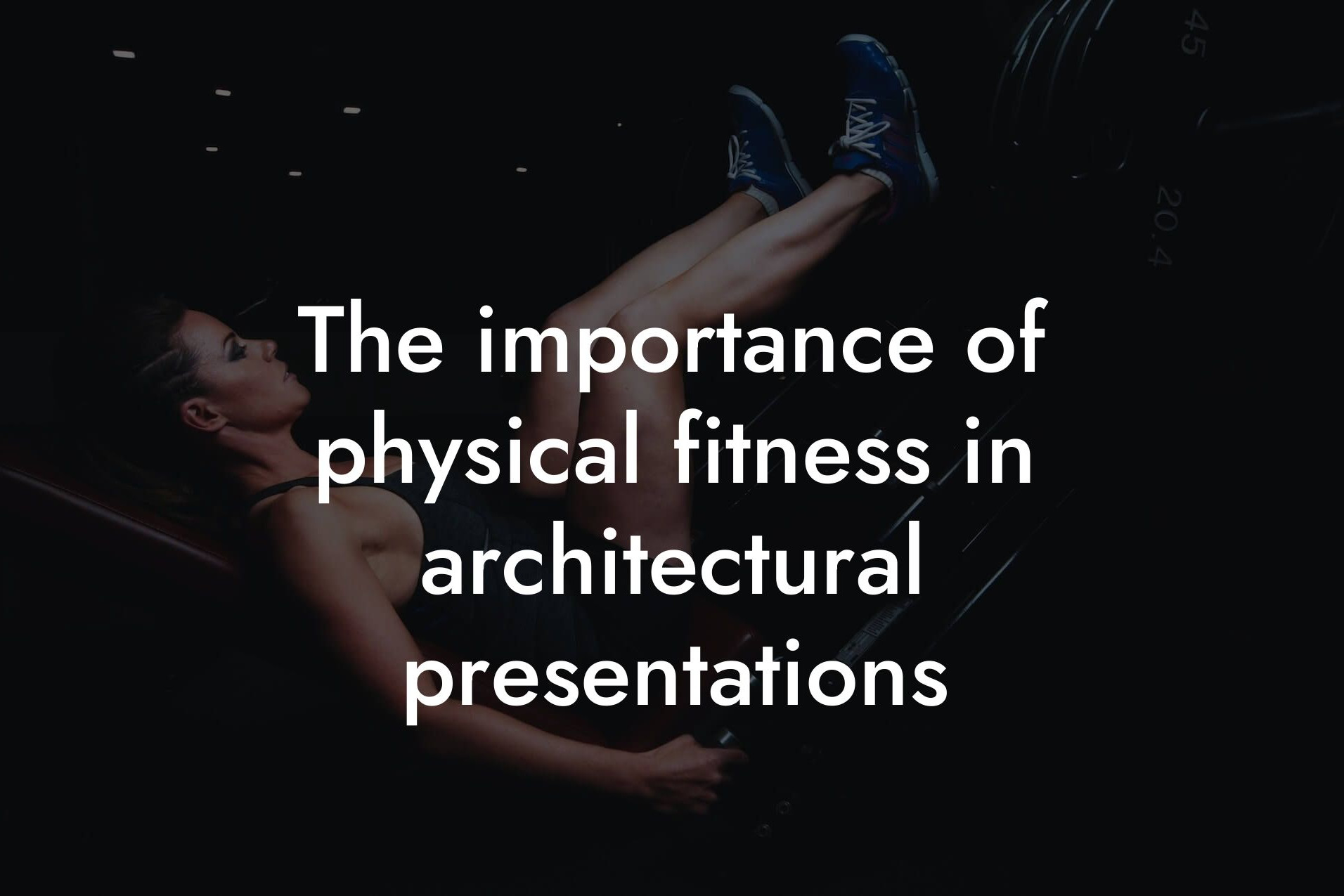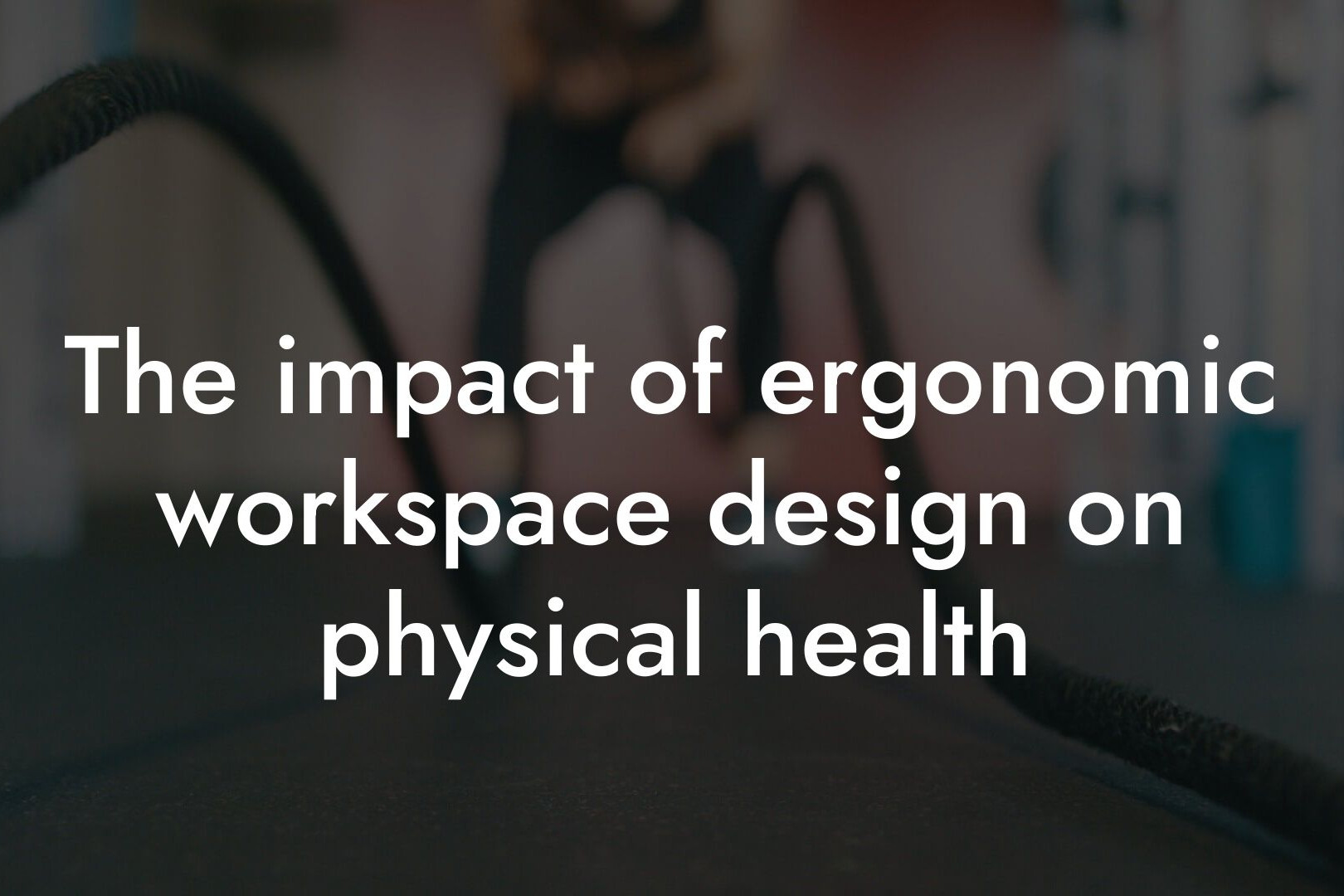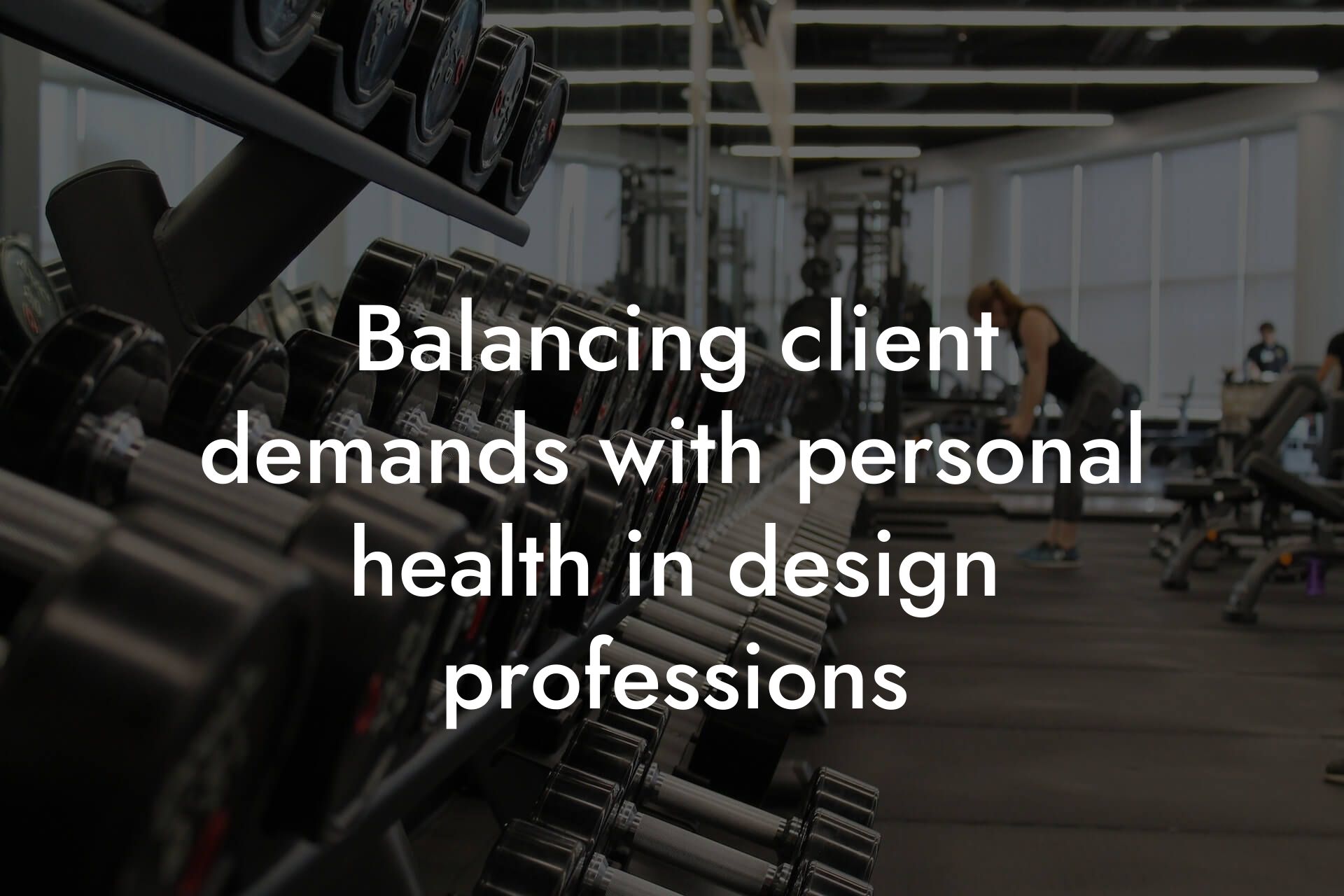As a high-earning professional, you understand the importance of maintaining peak physical and mental performance to stay ahead in your industry. However, when it comes to design work, creativity and energy are just as crucial as physical appearance and body fat percentage. A well-nourished brain is essential to produce innovative ideas, stay focused, and meet deadlines. In this article, we'll delve into the world of nutrition and explore the essential foods, nutrients, and habits that can help you unlock your full creative potential and maintain energy levels throughout the day.
Table of Contents
- The Brain-Body Connection: How Nutrition Impacts Cognitive Function
- The Top Nutrients for Brain Health and Creativity
- Foods to Fuel Your Creative Engine
- Beverages to Boost Energy and Focus
- Meal Timing and Snacking Strategies for Design Professionals
- Hydration and Digestion: The Often-Overlooked Factors in Creative Performance
- Putting it All Together: A Sample Meal Plan for Design Professionals
- Conclusion: Nourishing Your Creative Potential
- Frequently Asked Questions
The Brain-Body Connection: How Nutrition Impacts Cognitive Function
The human brain is a complex and highly active organ that requires a constant supply of energy and nutrients to function optimally. A diet rich in whole foods, fruits, vegetables, whole grains, and lean proteins provides the necessary building blocks for neurotransmitters, hormones, and other essential compounds that regulate cognitive function. On the other hand, a diet high in processed foods, sugar, and unhealthy fats can lead to inflammation, oxidative stress, and impaired cognitive performance.
The Top Nutrients for Brain Health and Creativity
Certain nutrients play a crucial role in maintaining brain health, focus, and creativity. These include:
Omega-3 fatty acids: Found in fatty fish, nuts, and seeds, omega-3s support brain structure, reduce inflammation, and promote cognitive function.
B Vitamins: B6, B9, and B12 are essential for neurotransmitter synthesis, energy production, and nerve function.
Antioxidants: Vitamins C and E, as well as polyphenols and flavonoids, help protect the brain from oxidative stress and inflammation.
Choline: Found in eggs, nuts, and leafy greens, choline is converted into acetylcholine in the brain, a neurotransmitter that regulates attention and memory.
Magnesium: This essential mineral supports neuronal function, synaptic plasticity, and relaxation.
Foods to Fuel Your Creative Engine
Incorporating the following foods into your diet can help support brain health and creativity:
Fatty fish: Salmon, sardines, and mackerel are rich in omega-3s and protein.
Nuts and seeds: Walnuts, almonds, chia seeds, and flaxseeds provide healthy fats, protein, and antioxidants.
Leafy greens: Spinach, kale, and collard greens are rich in magnesium, iron, and antioxidants.
Berries: Blueberries, strawberries, and raspberries are packed with antioxidants and flavonoids.
Eggs: A rich source of choline, protein, and healthy fats.
Whole grains: Brown rice, quinoa, and whole-grain bread provide sustained energy and fiber.
Beverages to Boost Energy and Focus
Staying hydrated is essential for cognitive function, and certain beverages can provide an extra boost of energy and focus:
Green tea: Rich in antioxidants and L-theanine, green tea promotes relaxation and focus.
Coffee: In moderation, coffee can improve alertness and energy due to its caffeine content.
Coconut water: A natural source of electrolytes, coconut water helps maintain hydration and supports cognitive function.
Herbal teas: Peppermint, ginger, and ginseng teas can help reduce stress and improve focus.
Meal Timing and Snacking Strategies for Design Professionals
As a design professional, you likely have a busy schedule and may find it challenging to maintain a consistent meal routine. Here are some meal timing and snacking strategies to help you stay energized and focused:
Eat a balanced breakfast: Include protein, complex carbohydrates, and healthy fats to provide sustained energy.
Space out meals: Aim for three main meals and two to three snacks in between to maintain stable energy levels.
Choose nutrient-dense snacks: Nuts, seeds, fruits, and veggies with hummus or guacamole make for healthy and satisfying snacks.
Avoid sugary and processed foods: These can lead to energy crashes and decreased focus.
Hydration and Digestion: The Often-Overlooked Factors in Creative Performance
Hydration and digestion are critical components of overall health, yet they're often overlooked in the context of creative performance. Here's why they matter:
Hydration: Even mild dehydration can impair cognitive function, leading to decreased focus, memory, and creativity. Aim to drink at least eight glasses of water per day.
Digestion: A healthy gut microbiome is essential for nutrient absorption, immune function, and the production of neurotransmitters. Include fermented foods, probiotics, and fiber-rich foods in your diet to support gut health.
Putting it All Together: A Sample Meal Plan for Design Professionals
Here's a sample meal plan to help you get started:
Breakfast: Overnight oats with berries, walnuts, and chia seeds
Mid-morning snack: Apple slices with almond butter
Lunch: Grilled salmon with quinoa, roasted vegetables, and a side salad
Afternoon snack: Greek yogurt with honey and mixed nuts
Dinner: Grilled chicken breast with brown rice, steamed broccoli, and a side of sautéed spinach
Before bed snack: Cottage cheese with sliced cucumber and a sprinkle of chia seeds
Conclusion: Nourishing Your Creative Potential
As a design professional, you have the power to fuel your creative engine with the right foods, nutrients, and habits. By incorporating the principles outlined in this article, you'll be better equipped to tackle complex design projects, stay focused, and maintain the energy levels needed to excel in your field. Remember, a well-nourished brain is the key to unlocking your full creative potential.
Frequently Asked Questions
What is the importance of nutrition in maintaining creativity and energy in design work?
Nutrition plays a vital role in maintaining creativity and energy in design work. A well-nourished brain is essential for focus, concentration, and innovation, which are critical components of design work. A diet rich in essential nutrients can improve cognitive function, boost energy levels, and enhance overall performance.
How does a healthy diet impact creativity?
A healthy diet provides the necessary building blocks for neurotransmitters, hormones, and other chemicals that regulate creativity. A diet rich in fruits, vegetables, whole grains, and lean proteins can improve cognitive flexibility, problem-solving skills, and imagination, all of which are essential for creative thinking.
What are the key nutrients required for maintaining energy and focus?
The key nutrients required for maintaining energy and focus include omega-3 fatty acids, vitamin D, iron, magnesium, and B vitamins. These nutrients play a crucial role in regulating energy metabolism, neurotransmitter function, and cognitive performance.
How can I incorporate more omega-3 fatty acids into my diet?
Omega-3 fatty acids can be found in fatty fish, nuts, and seeds. Include foods like salmon, walnuts, chia seeds, and flaxseeds in your diet to boost your omega-3 intake. You can also consider taking a high-quality omega-3 supplement after consulting with a healthcare professional.
What is the role of vitamin D in maintaining energy and focus?
Vitamin D is essential for regulating energy metabolism and cognitive function. It also plays a role in modulating the immune system and reducing inflammation, which can impact energy levels and focus. Spend time outdoors, take vitamin D supplements, or consume vitamin D-rich foods like fatty fish, egg yolks, and mushrooms to maintain optimal vitamin D levels.
How can I boost my iron levels naturally?
Iron is essential for transporting oxygen to the brain and other organs. Include iron-rich foods like red meat, poultry, fish, beans, and fortified cereals in your diet. Vitamin C can enhance iron absorption, so consume foods high in vitamin C like citrus fruits, bell peppers, and leafy greens along with iron-rich foods.
What are the benefits of magnesium for designers?
Magnesium is essential for neuronal function, synaptic plasticity, and neuroprotection. It can improve focus, concentration, and memory, reduce stress and anxiety, and promote better sleep. Include magnesium-rich foods like dark leafy greens, nuts, and seeds in your diet, or consider taking a magnesium supplement.
How does a deficiency in B vitamins impact design work?
A deficiency in B vitamins can impact energy metabolism, neurotransmitter function, and cognitive performance. It can lead to fatigue, brain fog, and decreased creativity, making it challenging to perform design work efficiently. Include B-rich foods like lean meats, fish, eggs, dairy, and whole grains in your diet, or consider taking a B-complex supplement.
Can a healthy diet improve my mood and reduce stress?
A healthy diet can significantly impact mood and stress levels. A diet rich in fruits, vegetables, whole grains, and lean proteins can reduce inflammation, promote neurotransmitter balance, and improve gut health, leading to improved mood and reduced stress.
How can I stay hydrated as a designer?
Staying hydrated is essential for maintaining focus, energy, and creativity. Drink plenty of water throughout the day, aiming for at least eight glasses. Avoid sugary drinks and caffeine, which can lead to dehydration. Consider incorporating hydrating foods like watermelon, cucumbers, and celery into your diet.
What are the best snacks for designers?
The best snacks for designers are those that provide a boost of energy and nutrients without causing a crash later. Opt for snacks like nuts, seeds, fruits, and vegetables, which are rich in healthy fats, protein, and fiber. Avoid sugary and processed snacks that can lead to energy crashes and decreased focus.
How can I maintain my energy levels throughout the day?
Maintaining energy levels throughout the day requires a balanced diet, regular hydration, and strategic snacking. Eat a nutrient-dense breakfast, avoid sugary and processed foods, and snack on healthy foods throughout the day. Consider incorporating adaptogenic herbs like ashwagandha and rhodiola into your diet to improve energy resilience.
What is the impact of caffeine on design work?
Caffeine can have both positive and negative impacts on design work. In moderate amounts, it can improve focus, energy, and creativity. However, excessive caffeine consumption can lead to jitters, anxiety, and decreased focus. Be mindful of your caffeine intake and avoid consuming it in excess.
How can I improve my sleep quality as a designer?
Improving sleep quality is essential for maintaining creativity and energy in design work. Establish a consistent sleep schedule, create a sleep-conducive environment, and avoid screens and stimulating activities before bedtime. Consider incorporating relaxing herbs like chamomile and lavender into your bedtime routine to promote better sleep.
What are the benefits of meal planning for designers?
Meal planning can help designers save time, reduce stress, and ensure they're fueling their bodies with the nutrients they need to perform at their best. It can also help reduce the likelihood of relying on processed and unhealthy foods, which can negatively impact energy and creativity.
How can I incorporate more fruits and vegetables into my diet?
Incorporating more fruits and vegetables into your diet can be as simple as adding them to your meals, snacking on them throughout the day, or blending them into smoothies. Aim for at least five servings a day, and consider incorporating a variety of colors to ensure you're getting a range of nutrients.
What are the benefits of probiotics for designers?
Probiotics can improve gut health, boost the immune system, and reduce inflammation, all of which can impact energy, focus, and creativity. Include probiotic-rich foods like yogurt, kefir, and fermented vegetables in your diet, or consider taking a high-quality probiotic supplement.
How can I maintain my physical health as a designer?
Maintaining physical health as a designer requires regular exercise, stretching, and movement. Incorporate activities like yoga, walking, and strength training into your routine, and take regular breaks to stretch and move throughout the day.
What are the benefits of taking breaks for designers?
Taking breaks can improve focus, reduce stress, and boost creativity. It can also help reduce the risk of burnout and improve overall well-being. Take regular breaks throughout the day to stretch, move, and rest your eyes.
How can I prioritize my health and well-being as a designer?
Prioritizing health and well-being as a designer requires making conscious choices about nutrition, exercise, and self-care. Schedule time for self-care, prioritize sleep, and make healthy choices that support your overall well-being.
What are the consequences of neglecting nutrition and health as a designer?
Neglecting nutrition and health as a designer can lead to decreased energy, focus, and creativity, making it challenging to perform at your best. It can also lead to chronic diseases, burnout, and decreased overall well-being.
How can I get started with making healthy changes as a designer?
Getting started with making healthy changes as a designer requires setting small, achievable goals and making conscious choices about nutrition, exercise, and self-care. Start by incorporating one or two healthy habits into your daily routine and build from there.
What resources are available to support designers in maintaining their health and well-being?
There are numerous resources available to support designers in maintaining their health and well-being, including health and wellness blogs, nutritionists, and fitness professionals. Consider consulting with a healthcare professional or seeking out online resources to support your health and wellness journey.
Here are some related articles you might love...
- The importance of physical fitness in architectural presentations
- The impact of ergonomic workspace design on physical health
- Balancing client demands with personal health in design professions
- How to avoid burnout through physical activity in architecture
- How DEXA scans can benefit architects and designers
- Fitness strategies for balancing design work and physical health
- The connection between body composition and creative output
- How architects can stay fit during long design sessions
- How to stay active during the design and build phases
Zak Faulkner
Zak Faulkner is a leading authority in the realm of physical health and body composition analysis, with over 15 years of experience helping professionals optimise their fitness and well-being. As one the experts behind Tano Performance Group, Zak has dedicated his career to providing in-depth, science-backed insights that empower clients to elevate their physical performance and overall health.
With extensive knowledge of DEXA technology, Zak specializes in delivering comprehensive body assessments that offer precise data on body fat, muscle mass, bone density, and overall physique. His expertise enables individuals to make informed decisions and achieve their fitness goals with accuracy and confidence. Zak’s approach is rooted in a deep understanding of human physiology, combined with a passion for helping clients unlock their full potential through personalised strategies.
Over the years, Zak has earned a reputation for his commitment to excellence, precision, and client-focused service. His guidance is trusted by top professionals who demand the best when it comes to their health. Whether advising on fitness programs, nutritional strategies, or long-term wellness plans, Zak Faulkner’s insights are a valuable resource for anyone serious about taking their health and fitness to the next level.
At Tano Performance Group, Zak continues to lead our Content Team revolutionising how professionals approach their physical health, offering unparalleled expertise that drives real results.




